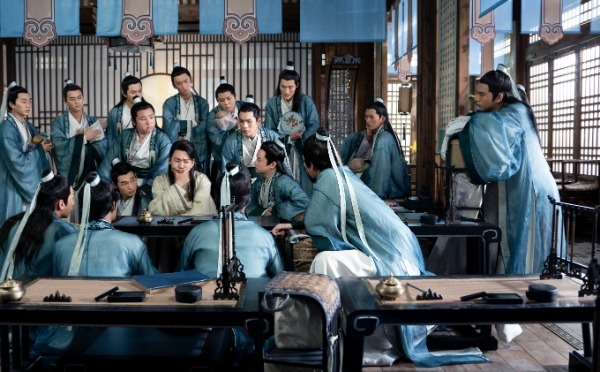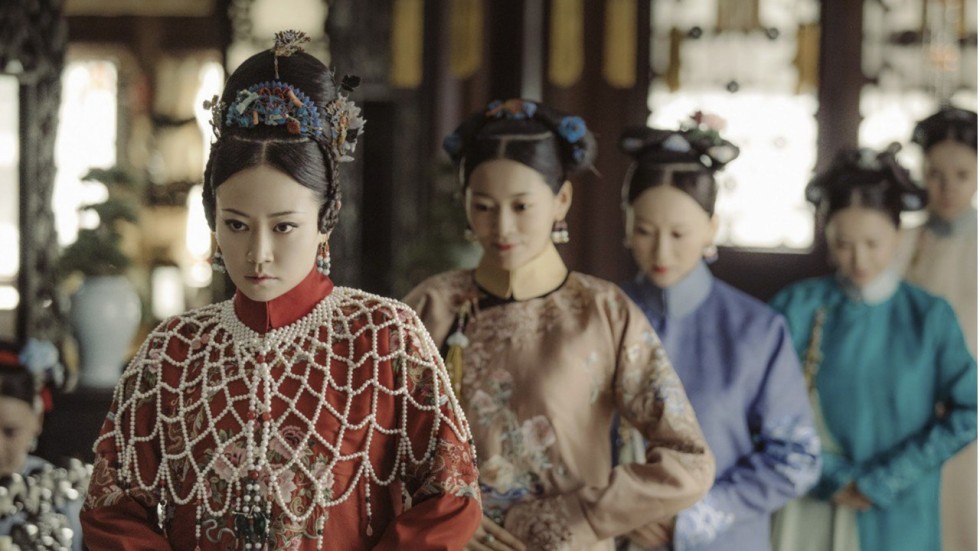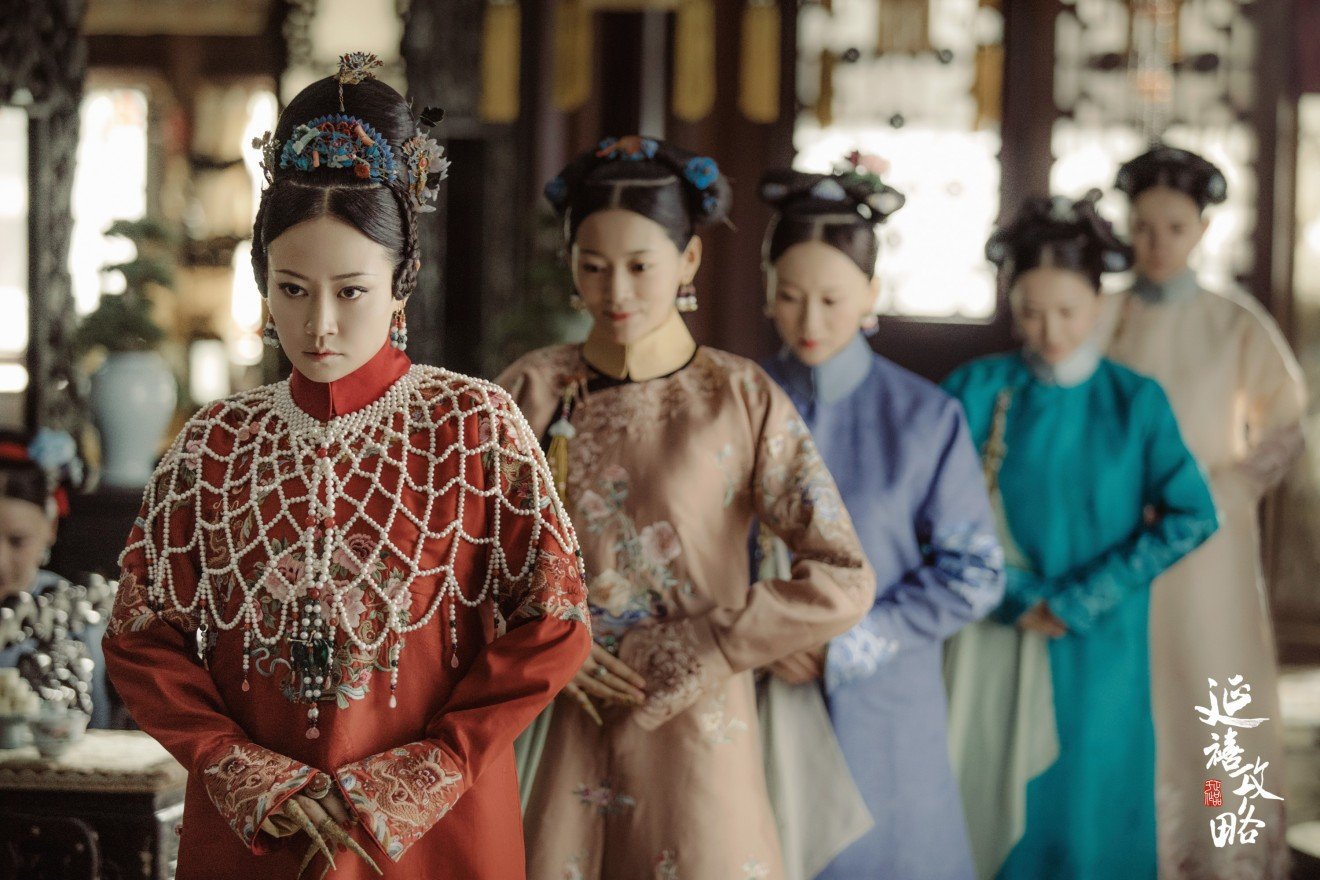Source: China Daily (2/19/21)
Online literature writes new chapter for movies and TV series
By Xu Fan

A scene in My Heroic Husband. [Photo provided to China Daily]
Recently, China Film Association and Beijing Film Academy jointly released a report on the market potential of movies and dramas adapted from online literary works in past two years.
With an impressive improvement in storytelling technique and visual effects, such works have won high popularity in China as well as gripping attentions overseas, said the report’s writers.
Between 2018 and 2019, a total of 42 of the 100 most popular movies and dramas, or 42 percent, were adapted from internet stories, according to the report. Continue reading Online lit writes new chapter for movies and tv series












